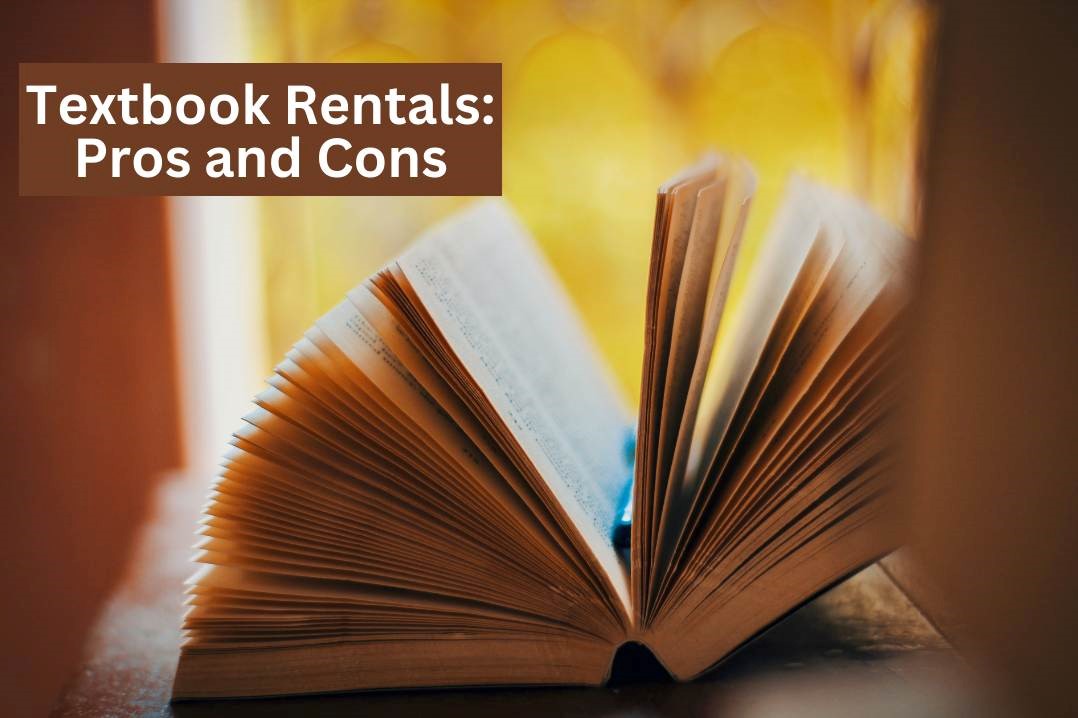How to Write an Essay about a Book
An essay about a book, called a book review, is like a helpful report that tells you about the book. It talks about the main idea, characters, and how the author writes. It also gives a summary of what happens in the book. This kind of essay helps others decide if they want to read the book as well.
When you are writing an essay about a book, follow these important steps:
-
Examine the Text Thoroughly.
Before you start writing your essay, it is crucial to carefully read the poem, short story, novel, play, or whatever you are studying. If it is short, like a poem, read it multiple times until you really get what it is trying to say. For longer pieces, mark or highlight parts that catch your attention as you read. This will help you figure out the main point of your essay later.
Skipping this step can cause big problems. Take enough time to read and understand the text well. This will set the groundwork for a great literary analysis paper.
-
Think of a Topic.
After you finish reading, the next step is to produce ideas for what to write about. This can be a bit tricky, but it requires you to look at things closely and use your imagination. Your teacher might have given you some questions to help. If not, here are some things to think about:
- How does the story connect to the world around us?
- What parts of the story did you find interesting or confusing? Think more about why those parts caught your attention.
- Look at the characters. Why do they do what they do? Can you compare or contrast different characters? Do they represent something else?
- Think about where the story happens. If it were in a different time or place, how would it be different? Why do you think the author picked this place?
- Did any pictures in your mind stand out?
- Think about the extensive ideas in the story. Which ones keep coming up, and what do they tell us about the main message of the story?
- What do you think the author wanted to say in the story? Do you think they did an excellent job, and why?
-
Gather and Explain the Proof.
When you are thinking about your idea, think about what evidence supports each potential topic. It is good to be creative, and you want to pick an idea that is not too obvious. But also, be careful not to choose something so hard to understand that it is tough to back up your argument.
Start collecting proof to support your main idea. This is where the highlighting and careful reading you did earlier will come in handy. If you think there is enough proof for your argument, move on to the thesis part. Also, do not ignore evidence that goes against your idea. You might find a way to explain things that seem to go against your thesis in a way that supports it.
-
Write a thesis.
Your thesis is the big idea you are saying in your paper. It is the most important part. Being able to support your thesis well is even more important than picking a unique topic.
When you write your thesis, make sure it is something people can argue about. It should not just be a fact. For instance, a bad thesis would be:
"Harry Potter is a series about magic and friendship."
This is bad because it is too obvious, and everyone would agree. Remember, a literary analysis is not just summarizing the book. A better thesis could be:
"In the Harry Potter series, the author challenges our ideas about good and evil. Despite making us think certain characters are purely good or bad, J.K. Rowling actually shows us the complexity of morality in unexpected ways."
The student who wrote this would need to find enough proof to back up their idea. But this thesis is better because people can argue about it, it is specific, not something everyone already knows, and it is a bit surprising.
-
Build and Arrange Your Points.
You have gathered proof and made a main point. Now, let us dive in and start putting everything together on a well-organized paper. Make an outline and decide where each piece of proof fits in your main argument. At this point, you might realize you need more supporting points.
As you look at the text more closely and pick out parts that back up your main point, you might see that your main point needs some adjustments. It is fine to change your main point based on the evidence you find.
-
Write a First Draft.
Now, it is time to bring together all you are planning and start writing your literary analysis. This first version of your essay does not have to be perfect. Do not worry too much about getting all the grammar right or making your sentences sound fancy. The polishing part comes later.
Right now, concentrate on presenting your main point and clearly stating all the ideas you have discovered. Spot places where you might need more explanation and find parts in the text that support that. Organize your essay in a way that makes sense to you. Perfecting things comes later.
-
Improve Your Points and Check Again.
Now that your ideas are on paper, it is time to make them better and review. Are any of the things you wrote saying the same thing? Can you say your point more succinctly? After looking more closely, are you realize that some of the proof you gathered does not fit into your paper like you thought?
Be tough when you edit your first draft. This is when you should start paying attention to grammar, how your sentences are structured, and the main point you are making. Keep going back to your main point to make sure your essay is staying on track. Is each paragraph helping to prove the point you made in your main point?
-
Get another Opinion and Finish Up.
Before you submit your paper, have someone you trust read it over. New eyes can catch small mistakes in spelling and grammar, or bigger issues with how your paper is set up or what it is saying. Make sure the person reviewing it knows you want honest feedback and will not be upset by their helpful suggestions.
Other Considerations for Writing a Book Essay:
Additionally, it is an innovative idea to see how the book you are discussing compares to others that are similar. This helps you figure out if the book has a unique perspective or if it is just like many others. This way, your essay or review becomes more complete and gives a strong opinion about the book.
Checking out the author’s life story can give you clues about their viewpoint. Understanding the author better can help you get a better grip on the book. It adds more layers to your understanding.
Finish your book review by sharing your thoughts and suggestions. This includes whether you recommend the book to potential readers. Let them know if you think it is worth their time.
To sum it up, making an essay about a book is easier when you follow these simple ideas. They highlight getting and sharing information about the book's content, the author's life, the book's theme, and how it is written. Always aim to help your reader decide if the book is worth diving into.
Different Ways to Look at How a Book is written:
Description:
- Explain how the author shows scenes and events.
- Use words or even pictures to show all the details.
Narration:
- Understand how the author tells the series of events.
- Usually, it is in order, but in a novel, the author might change the order for the latest ideas.
Exposition:
- Look at how the author breaks down the story.
- Explain in a detailed way while staying impartial.
Argumentation:
- Explore how the author tries to persuade.
- Focus on using arguments to support a statement or address a problem.
Final Words
In summary, answering the question "how to write an essay about a book" becomes straightforward when you follow the outlined guidelines. These guidelines emphasize gathering and presenting information on the book's content, including the author's biography, the book's theme, thesis, and writing style. Always keep in mind that your aim is to help your reader impartially decide whether the book is worth investing their time in.
FAQs
How do I start writing an essay about a book?
Begin by thoroughly reading the book and taking notes on key themes, characters, and events. Then, develop an outline to organize your thoughts before diving into the actual writing.
What should I include in the introduction of my book essay?
In the introduction, provide essential details about the book, such as the author's name, the title, and the publication date. Additionally, offer a brief overview of the main theme or purpose of the book.
How can I analyze the style of a book in my essay?
To analyze the style, focus on how the author describes scenes (description), unfolds events (narration), breaks down the story (exposition), and employs persuasive techniques (argumentation). Discuss these elements in detail to highlight the author's writing style.
What should be the focus of the body paragraphs in my book essay?
Each body paragraph should delve into a specific aspect of your analysis, whether it is character development, plot structure, thematic elements, or the author's writing style. Provide evidence from the book to support your analysis and tie each paragraph back to your thesis.
How do I conclude my essay about a book effectively?
Offer your concluding thoughts on the book, highlighting its significance and potential impact. Avoid introducing the latest information and leave the reader with a clear understanding of your perspective on the book.
References
- Top of Form
Top of Form
- Rutenberg, A. How to Write an Essay.
- Khoshhal, P. A. M. (2021). How to Write an Academic Essay. International Journal for Research in Applied Sciences and Biotechnology, 8(6), 31-36.









